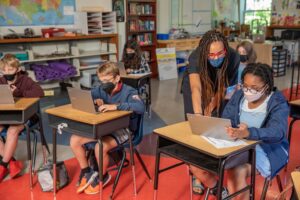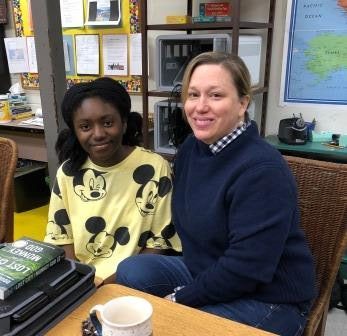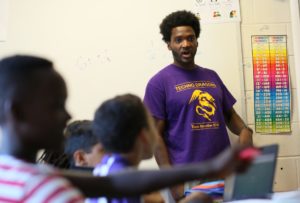
The Friends School of Atlanta is still accepting applications for the 22-23 school year. We cannot, however, extend the deadline of February 7 for financial aid applications. If you have an interest in applying for this school year or next, please find more information on the Admissions pages of this website or email Alexis Garrett, Director of Enrollment, with your questions. Also, our social media platforms offer great information on the life and values of the school. If you haven’t already done so, please follow us on Facebook and Instagram. Instagram, especially, has a “day in the life” campaign going that will give you a good idea of our classroom experiences.
To apply, please follow the steps detailed on our Admissions page. Thank you for your interest in The Friends School of Atlanta!


